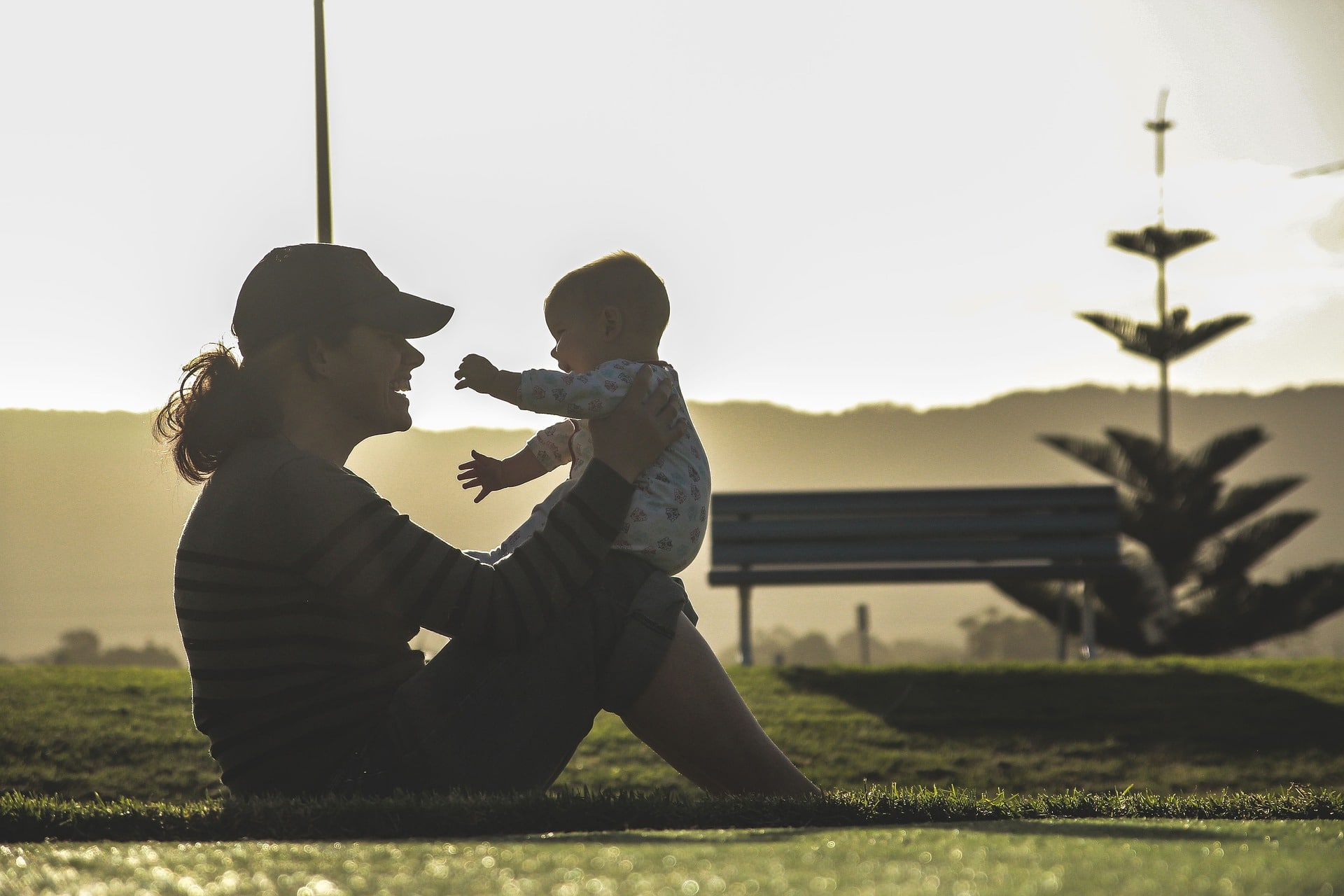
This weekend just gone saw the annual Family Day holiday in most of Canada. A government-endorsed public holiday, Family Day was created to “…celebrate the importance of families and family life to people and their communities.”
It’s one of the many reasons I love my adopted home (I moved here from the UK in 2006) – after all, how many countries actually offer a paid day off to spend with your family and celebrate family life?
Especially in today’s work climate, where the family can take a back seat to long hours and long commutes, as people go where the work is and that’s not always close to home.
So, yes, Family Day is a welcome respite from the overwhelms of everyday life.
Over the weekend, I took the time to watch Minimalism: A Documentary About the Important Things on Netflix.
This is something I’d been wanting to watch for a while since I’ve definitely seen a change in how I look at life and what’s truly important in it.
Living Deliberately
As my young family has grown (my son will be 7 years old soon, my daughter just turned 5), and I’ve seen close friends suffer deeply personal losses, my priorities have changed immensely.
Whereas I used to be all about online chatter and was a heavy user of Twitter and Google+ back in the day, now I don’t use either channel.
Instead, I limit my online use to Facebook, where I can stay connected to close friends and friends that are a little further away geographically, and this blog right here.
Instead of seeking some self-important validation through online “followers”, I want to foster deeper, more meaningful connections that offer more than just vacuous soundbites and so-called social proof.
In short, I want to live a deliberate life that has meaning in at least 90% of all that I do (hey, there’s always room for non-essential video game fun!).
Love People, and Use Things
As I watched the Minimalism documentary, so much of it connected with this mindset change.
The realization that we buy into a template of a life that isn’t really ours – the cars, the electronics, the big house full of unused products, the pressure of meeting a deadline that won’t mean the end of the world if missed.
By buying into this template, we ignore the most important template of all – us, and the world we inhabit.
Things take import over people, and we begin to use each other to rise to an invisible dais that we feel makes us more complete. In short, we use people to get more things.
Yet, as one of many wonderful quotes from the documentary share,
…we need to love people and use things. Because the opposite of that never works.
Think about that. “Love people and use things.”
It’s not a hard concept and yet it’s such a powerful one if we take the time to buy into it, and take action to make it happen each day, with every interaction we have.
- Build up, instead of dragging down
- Use technology to speak with, not dictate to
- Smile instead of an angry look
- Surround yourself with meaning, not meanness.
Things are material objects that more often than not simply foster immaterial needs.
The most valuable things are the ones that make our lives simpler so we have more time to connect to the things and experiences that truly matter, and lead a more deliberate life.
“Love people, and use things. Because the opposite of that never works.”
Wise words, indeed.
Note: since publishing this article, I’ve launched my new project, Turn Off the Overwhelm, which goes deeper into the thinking behind this post. I’d love for you to check it out.
